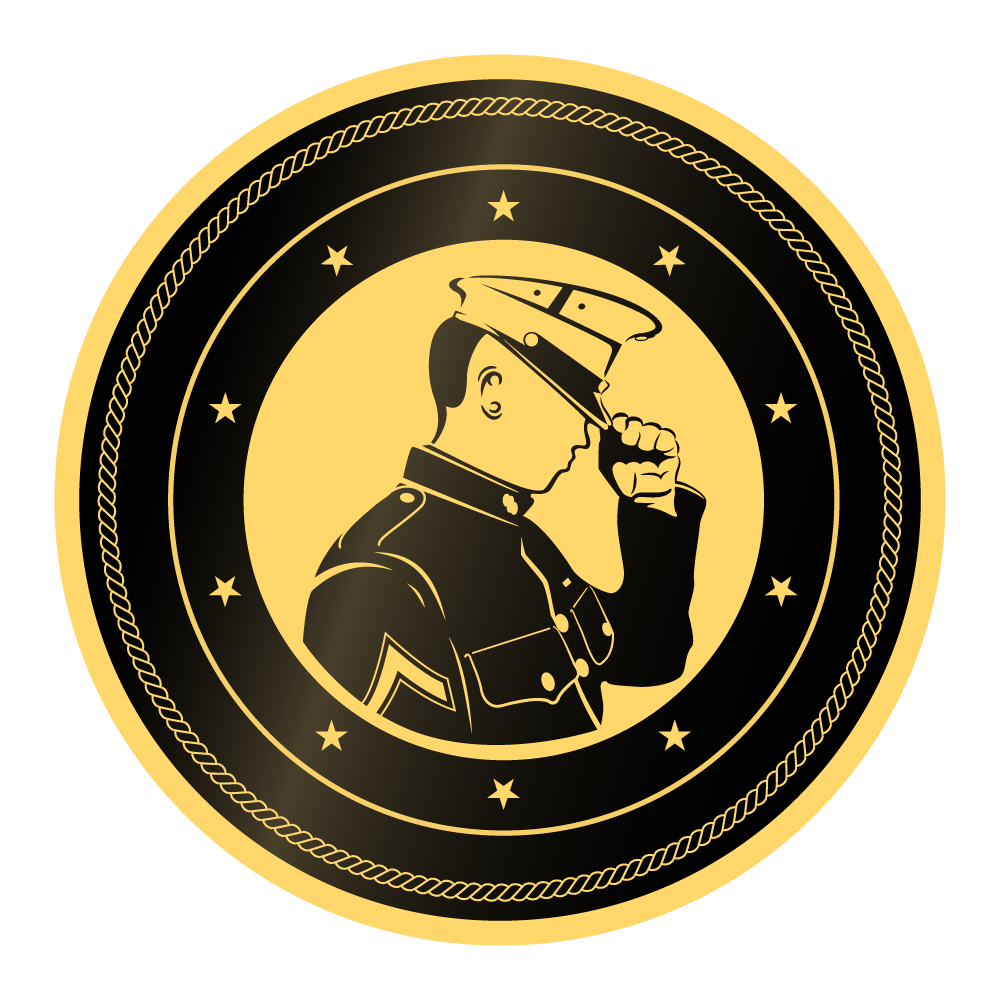Hector Varela
Chief Petty Officer, U.S. Navy (ret.)
By Erin Cartaya
“Don’t be afraid to ask for help. People don’t know where to go, or how to ask for help. We can’t find you if you’re not asking for help.”
Saving Up For Retirement (Albeit, a Different One)
Twenty years. Three deployments. A career to celebrate. Hector Varela was just one week out from retirement in 2009 when tragedy struck. He was in a motorcycle accident, which would change the trajectory of his life in a way he never anticipated. As if the stress of life after retirement wasn’t enough, Hector now had to figure out life without a leg. What does one do when one loses their leg? No longer able to transition into the life he had planned, Hector needed something to do. His plan to work with the Navy post-retirement was no longer an option. Lost, with no direction, he continued to recover through 2013. His physical therapist then suggested he find Warrior Foundation co-founder Sandy Lehmkuhler, to get into Wheelchair Basketball. The program had just been launched at the Foundation, so with the help of funding and transportation, he was able to travel to tourneys, fundraisers, and the like to establish himself as an integral part of the Wolfpack team.
At the time, Hector was living in Temecula, California commuting back and forth to school while still playing wheelchair basketball. After earning his degree, Hector moved into Freedom Station I at the Warrior Foundation, and has enjoyed the independence its provided, in addition to the community he was longing for.
While he has his independence, Hector knows what a value he can provide to younger service members going through the transition from Military life to Civilian life – most of all how to pay bills, utilities, and rent. Hector helps wherever he is needed. He’s a handyman and a leader.
How to Make A Statement
The Wolfpack Basketball program started in 2012-2013 season. Hector was on the original team. In the early years, he was involved in everything from obtaining equipment to designing their logo. Throughout the years, he’s played with many a veteran, helping them grow in the sport and move on to “Bigger and better” avenues.
This year, he’s a chairman of the military division of the National Wheelchair Basketball Association (NWBA). This role is a new division for Veterans; adding in those who are not lower body physically disabled, but have other “disabilities” or “injuries.”
There are Veterans that want to play, but as the rules stand now, to play in the NWBA you have to have physical trauma. But not all civilian veterans have an injury. Some injuries are internal. Hector is trying to allow them to play as well. The beginning of this division will allow veterans who struggle with other ailments play as well.
What basketball means to these service members is much more than what it appears. Coming from service life, there’s a sense of feeling lost and alone, unsure of what or how to adapt to life outside of service, and a nagging desire for belonging. Being in the league gives these new civilians a place to belong. Being part of a team with others who understand what you’ve been through or what you might be going through is something that not many can provide.
Shaking the Imposter Feeling
Hector was always a recreational athlete and enjoyed running, but after losing his leg, it was hard for him to get back into sports. It didn’t have the same feeling post-injury. He had a prosthetic running leg, but wasn’t giving him the outlet he needed.
Getting into basketball, Hector found a way to keep up his cardio without thinking about running with a fake leg. Turning his focus away from being injured to getting a common goal accomplished, being athletic was suddenly more than his own efforts. It was a collective goal. No matter what you were or were not capable of, someone on the team was there to lift you and help make the goal happen.
Today, Hector also hand-cycles. He’s completed several marathons throughout the country. It keeps him involved. It keeps him active. The difficulty of these courses gives him a challenge. Seeing cities through these events gives him new and different perspectives and unique challenges.
Cycling keeps him in shape. Since basketball is seasonal, he has to keep up his endurance and keep in shape. Although they are different focuses, different training, and different skill sets, it still allows him the opportunity to push himself, which is what these warriors were made to do.
Transition Into Civilian Life and Its Complexities
The Warrior Foundation has been very impactful for Hector. The organization is set up to help people transition out of the military, but also to keep the sprit of that life alive. It’s difficult enough to go from one career to another, but adding in a disability magnifies the stress and tension already existing. Having others around makes that stress more manageable. Being close to others helps each person grow to accept life as it comes.
“The military says we don’t need you, so what do you do? Veterans fresh out of the military are trying to recover while trying to find new life. Getting out of the military is hard enough, and now you magnify that by having injuries, illness, or medical issues going on. How do you get through that while also trying to figure out who you are?” While in service, you have one goal in life; but then you get injured, and now what? Prior to losing his leg, he was going to be an agent. “But what can you be with one leg?” Turns out, Hector is a lot.
Be Active
The biggest lesson Hector has learned as a Veteran is that whatever it is you do, be active. Being physically active is important to help you recover faster and gives your mood a boost. “Just be active. Go out. Do something. It gets you out and gets you motivated. It not only helps recovery on a physical level but also helps boost your mood. Getting out of the house is good for the mind as much as it is good for the body.”
Hector believes that whether you compete with others or yourself, staying active gives you a morale boost. A boost to be better, to improve. “Your outlook on life gets better. For those that joined the military, most were probably in sports beforehand, so you know you still have that avenue. Now you can figure out a way to adapt to it with whatever disability you might have. Adapt, get better. There’s something out there for everybody; you just have to find it and adapt to it.”
“I believe your limitations are because you are limiting yourself to something you can’t do. If you are willing to do it, there’s a way to figure out how to do it.”
After playing in adaptive sports for ten years, it still helps him. He would like to see adaptive sports more mainstream with the hopes that the benefits are taken advantage of by others, just like they have benefited himself.
Hector’s involvement in the NWBA is integral in getting Paralympics get more attention. “A person might not be able to walk, but they are still human beings. They have just as much capability and skills as the rest of us. They are doctors, nurses, and lawyers. They are the same as everyone else. Their athletic skills need to be more recognized.”






